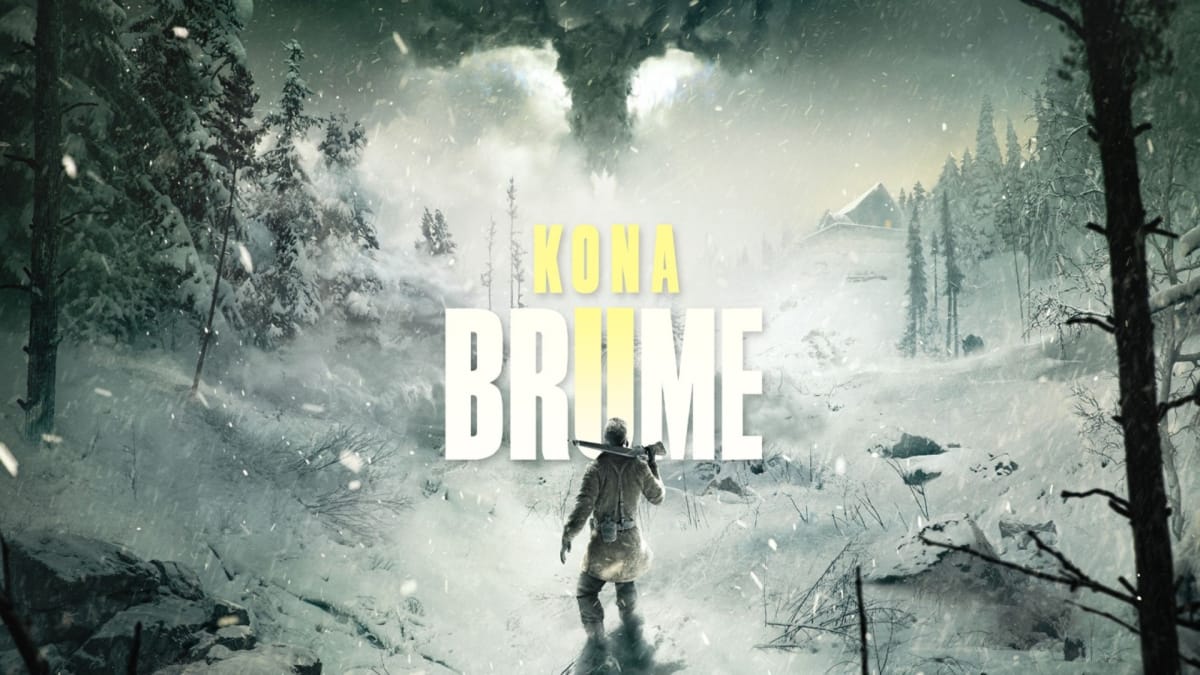In the wake of winter coming thick and fast, it’d be remiss of me to not mention the 2017 adventure game Kona as one of gaming’s most comforting winter wonderlands. A wholly original adventure game in its pacing and aesthetic, making a worthy sequel would be no small feat, but is it an ice-cold stunner, or should it be left to melt in the sun? Read our Kona II: Brume review to find out more.
This is the sophomore title from French-Canadian studio Parabole, and a direct continuation of their sleeper hit Kona. Set in 1970, detective Carl Faubert has uncovered a small-town conspiracy involving the murder of his original client, and a string of further killings caused by a minor supernatural force. After he escapes and seeks help, he drifts further up north, with a lethal snowstorm dubbed “Brume” terrorizing the area. During this, Carl is also thrust into the true nature behind what caused the events of the original game.
As stated above, if you’ve not played Kona before, you’d be doing yourself a disservice for sleeping on one of the more realized depictions of the winter season. Its dry wit and narrative structure speak to a story that is immediately intriguing, with light survival simulation and horror elements only bolstering the gameplay further. While its ending provided hope, it didn’t leave a lot to go on, yet despite this, Kona II has retconned it, while hoping to upgrade the blueprint any way it can.
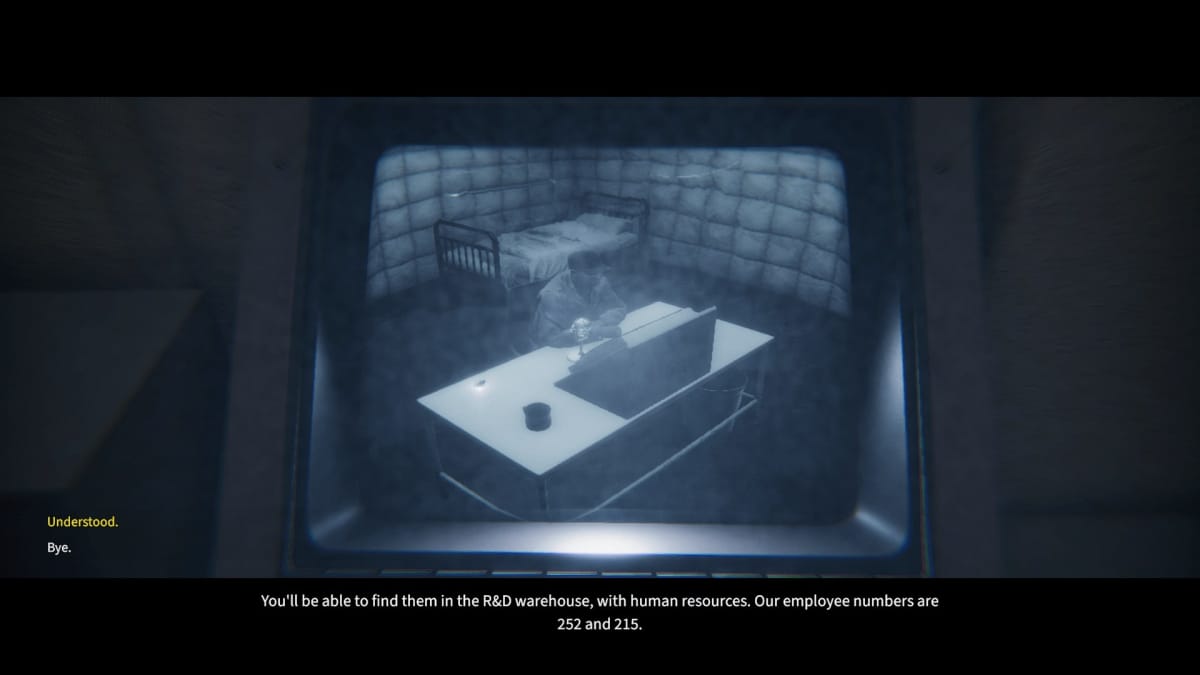
The initial evidence you’ll see of that will be graphically, and Kona II does look stunning, both in motion and in ambiance. Similar to something like Kholat in how it portrays its frostbite-inducing nature, it’s a massively scaled, and agonizingly beautiful rendition of some of Canada’s most sparsely populated provinces. Even in the downtime when you’re warming up in abandoned cabins, there’s a homeliness and chill introduced in the visual design that’s a welcome sight.
Unfortunately, it’s a design decision that’s come with a sacrifice, mainly in the core gameplay. While the original Kona had an ounce of detective work that – despite amounting to a checklist – still penned Carl as a mystery-solving detective to the powers that be, the same can’t be said for Kona II. You are now a yes-man at the beck and call of several NPCs who know nothing of your previous escapades, and the whole affair stinks of something wholly unique being cut down to meet an unknown standard.
For one thing, the game is now a first-person shooter. Combat was a rare and ill-advised option in the original Kona, with distractions like throwing meat at wolves providing more of a wide berth than being overcome with fear and missing your shots. In Kona II, however, Carl’s experience as a Vietnam war vet has turned the game’s combat into Cabela’s Big Game Hunter, with all manners of wild animals being no match for your buckshot.
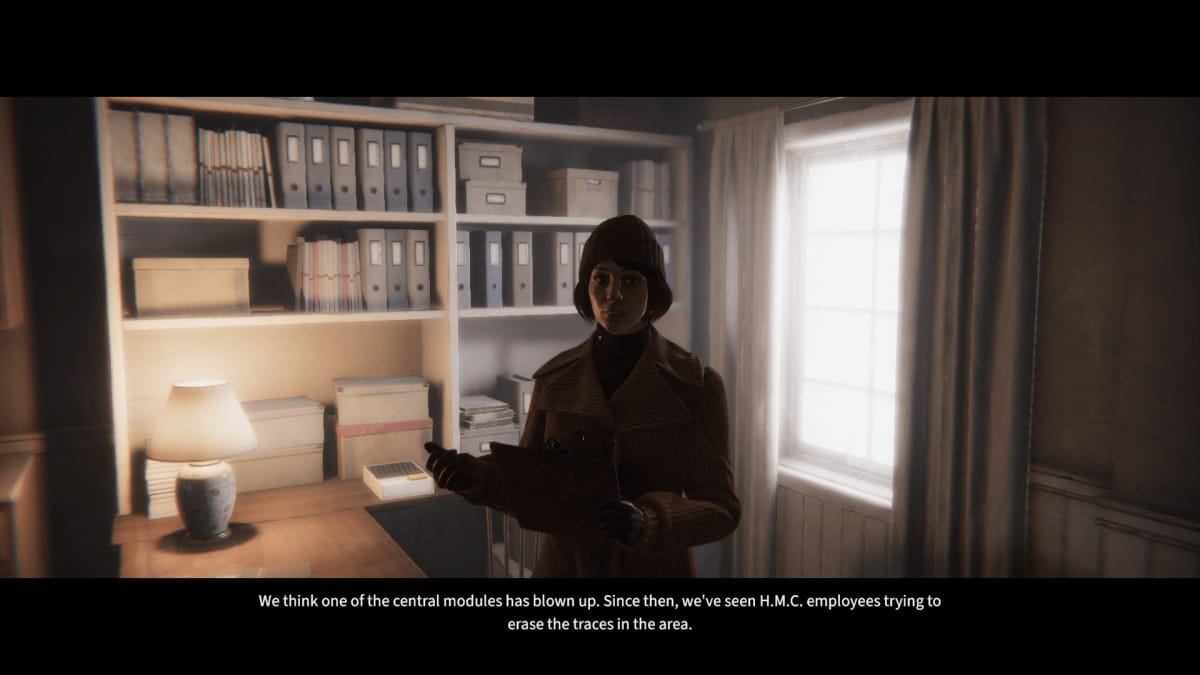
It should be stressed that despite this departure from Kona’s original slow-burn affair, the combat in Kona II is more than serviceable. There’s excellent feedback and intensity in the scenarios Carl is involved in, the choice of weapons all have their perks, but it smacks of an experience that doesn’t belong here. Does the combat add anything to what Kona II wants to be? As a story about people, and the individual efforts made to carry a lie, not really.
What was once an open-world adventure has been relegated to minor playgrounds, with the game looking bigger, but not proving it in practice. Indeed, its 3 large areas and transport in the form of an adorable dog sled are merely intermissions for crucial mission areas that take place away from the lethal snow. It’s these crucial mission areas where you’ll be spending most of your time, solving weirdly elaborate puzzles for a game of Kona II’s nature.
Bear in mind that “elaborate” doesn’t necessarily mean “complex”, it’s more that they have a rather confusing existence in what was originally a fairly grounded game. Now you’re solving spinning globe puzzles and uncovering hidden walls to reveal the truth behind a mining operation that’s put a large chunk of Nord-du-Québec in radioactive danger and – no, wait, hang on, have we not skipped a beat here?
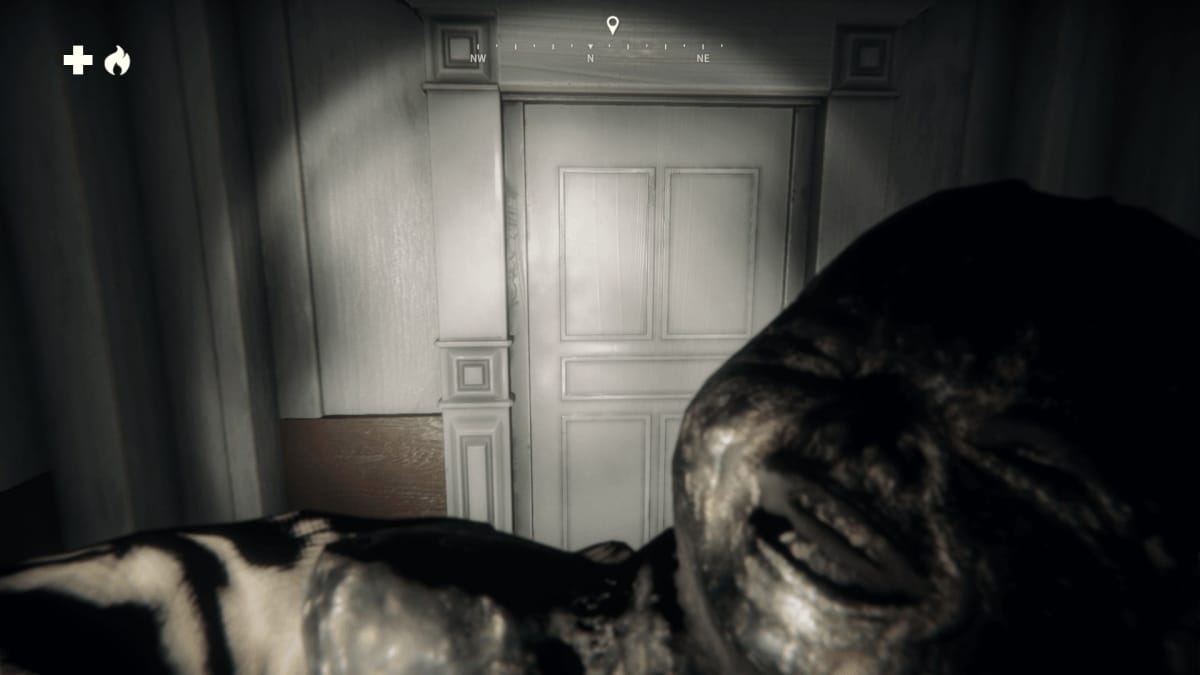
In its eagerness to ramp up the stakes, the mystery has largely been forgotten, or at the very least, one that fits the bill. Again, the package of the original Kona had a bow on top, but Kona II has re-opened it, believing that something was missing from the ordeal. What was once a small-town whodunit evolving into supernatural horror over time, has now coalesced into an episode of Unsolved Mysteries with a splash of Until Dawn and HBO’s Chernobyl thrown into the mix.
The worst part is that Kona II seemingly believes that it’s made an improvement here, in the form of a narrator who is quick to compliment how the game presents itself. Whether you’re gliding through the Canadian winter wonderland, or solving the small handful of puzzles the game can barely muster up, the narrator will applaud its complexity, direction, and tone. It’s a self-serving atrocity that speaks on behalf of the player, instead of alongside.
The original Kona’s narrator wasn’t perfect. The uncertainty with which he conveyed info to the player, and some of the more glib narration during uneasy parts threw the story off-kilter for brief moments, but there was humanity behind it.
Kona II, by comparison, is a cheerleader, one who constantly whispers in your ear like Slugworth in Willy Wonka. A special brand of annoyance that alienates just as much as he ruins the ambiance with a loudspeaker proclaiming horror, removing ambiguity, and without going into spoilers, turns the finale of the game into Dead Space 2 meets Dear Esther.
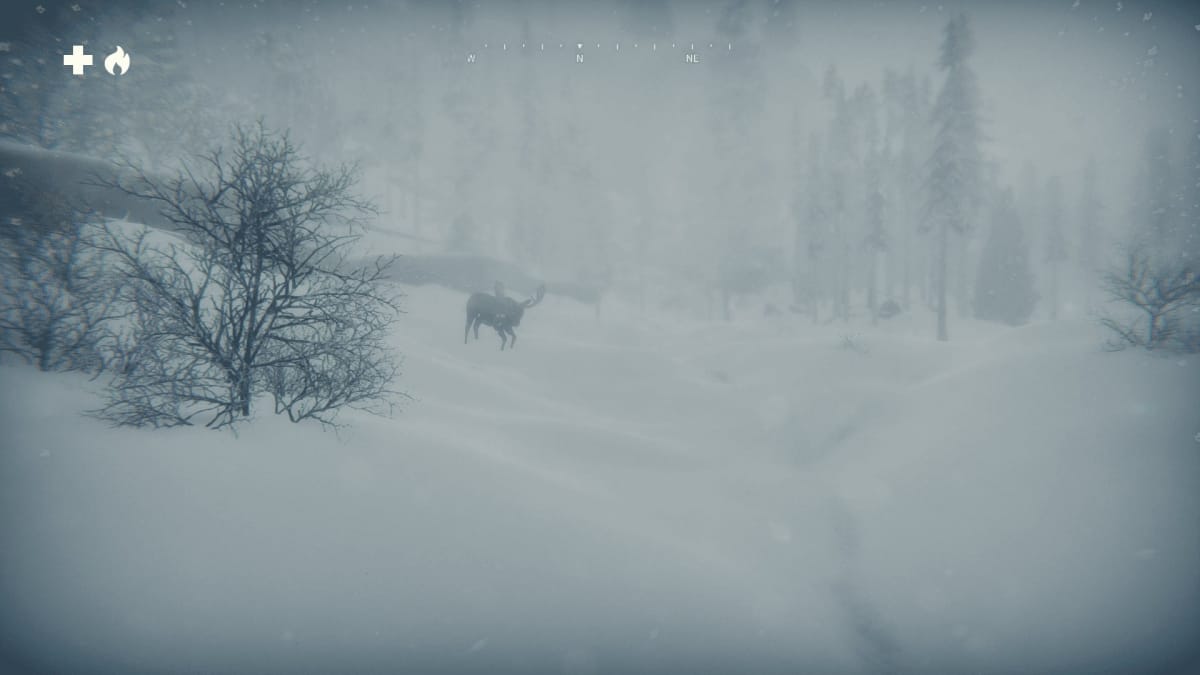
While it may seem unfair to compare Kona II to the original rather harshly, it’s to be expected of a sequel that believes it has further answers for what was previously portrayed as an isolated incident. Strangely enough, however, so much of Kona II’s frankly insane committee-designed ethos alienate fans of the original to the point where, honestly? It may spawn a new fanbase of its own. A new fanbase that found fault in Kona’s lack of big bangs, objective intensity, or open-ended investigations.
Kona II: Brume Review | Final Verdict
As it stands, Kona has benefits that Kona II: Brume does not, and vice versa, which is honestly a first for me. Never have I seen a game do a complete 180 in what it stands for, how it’s executed, and how it’s styled, and still come out looking no worse for wear. If you liked the original, you may find some merit here, largely obscured by wanting to be a part of something more generalized. If you didn’t like the original or have never played it until now? Start here.
Kona II: Brume was reviewed on Xbox Series S with a copy provided by the developer over the course of 15 hours of gameplay - all screenshots were taken during the process of review.
Review Summary
Pros
- Fantastic shooting gallery, full of tense scraps
- Graphically unequaled in showcasing a winter wonderland
- Aesthetically more varied than the original
Cons
- Story is a mess of jumbled and obfuscated villains
- Narrator is an unfortunate downgrade from the original
- Investigation gameplay is weaker, showing less agency
Have a tip, or want to point out something we missed? Leave a Comment or e-mail us at tips@techraptor.net
